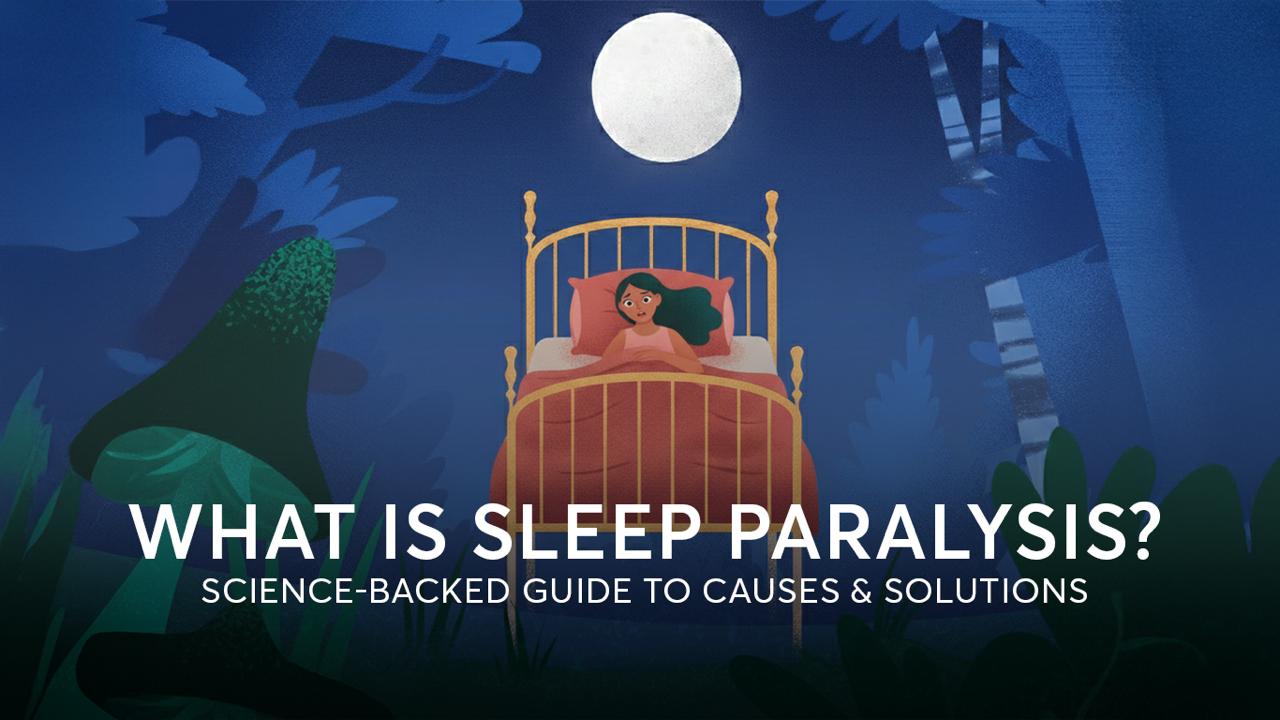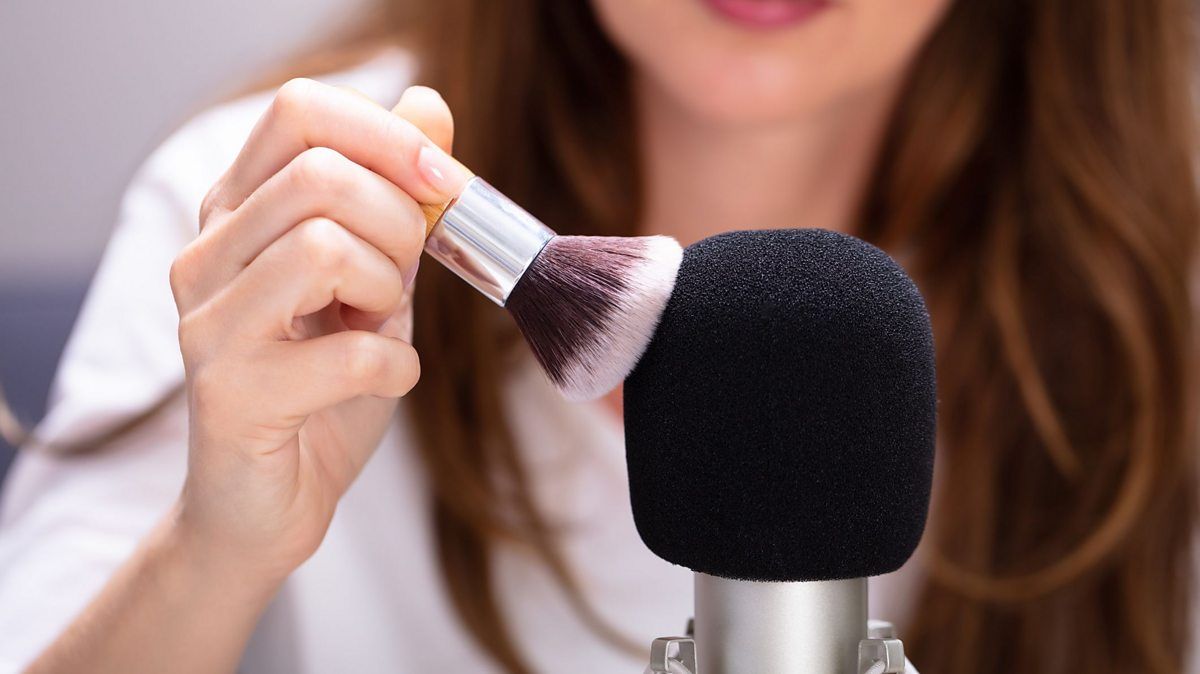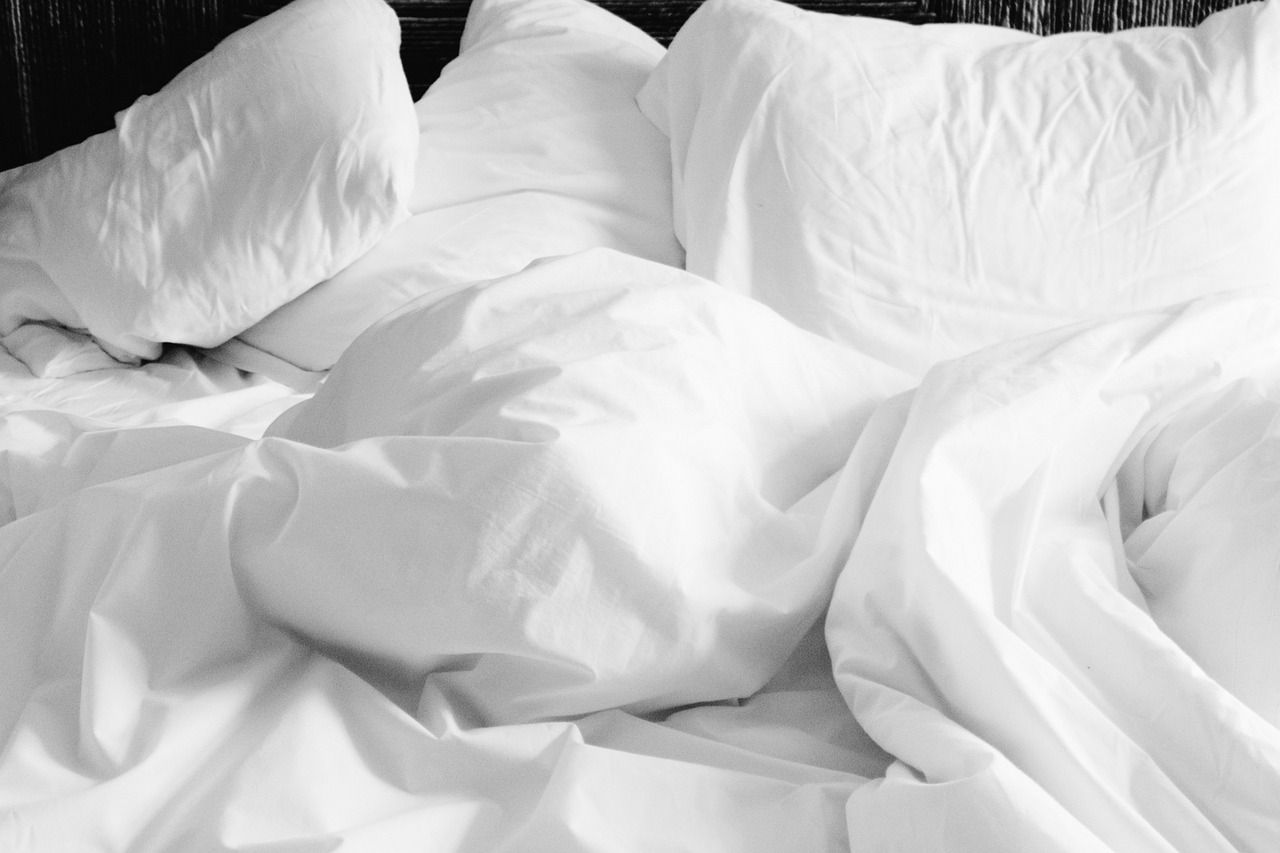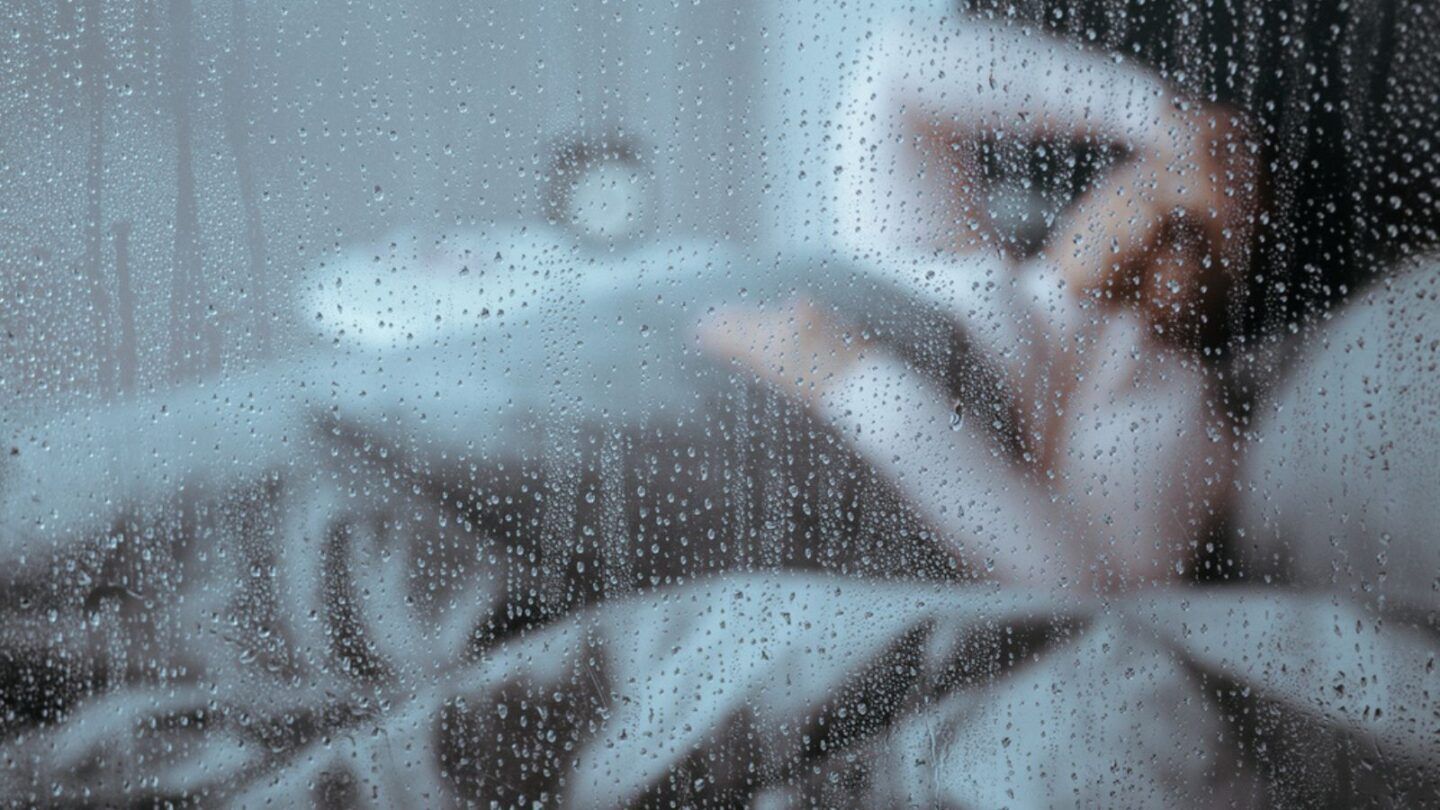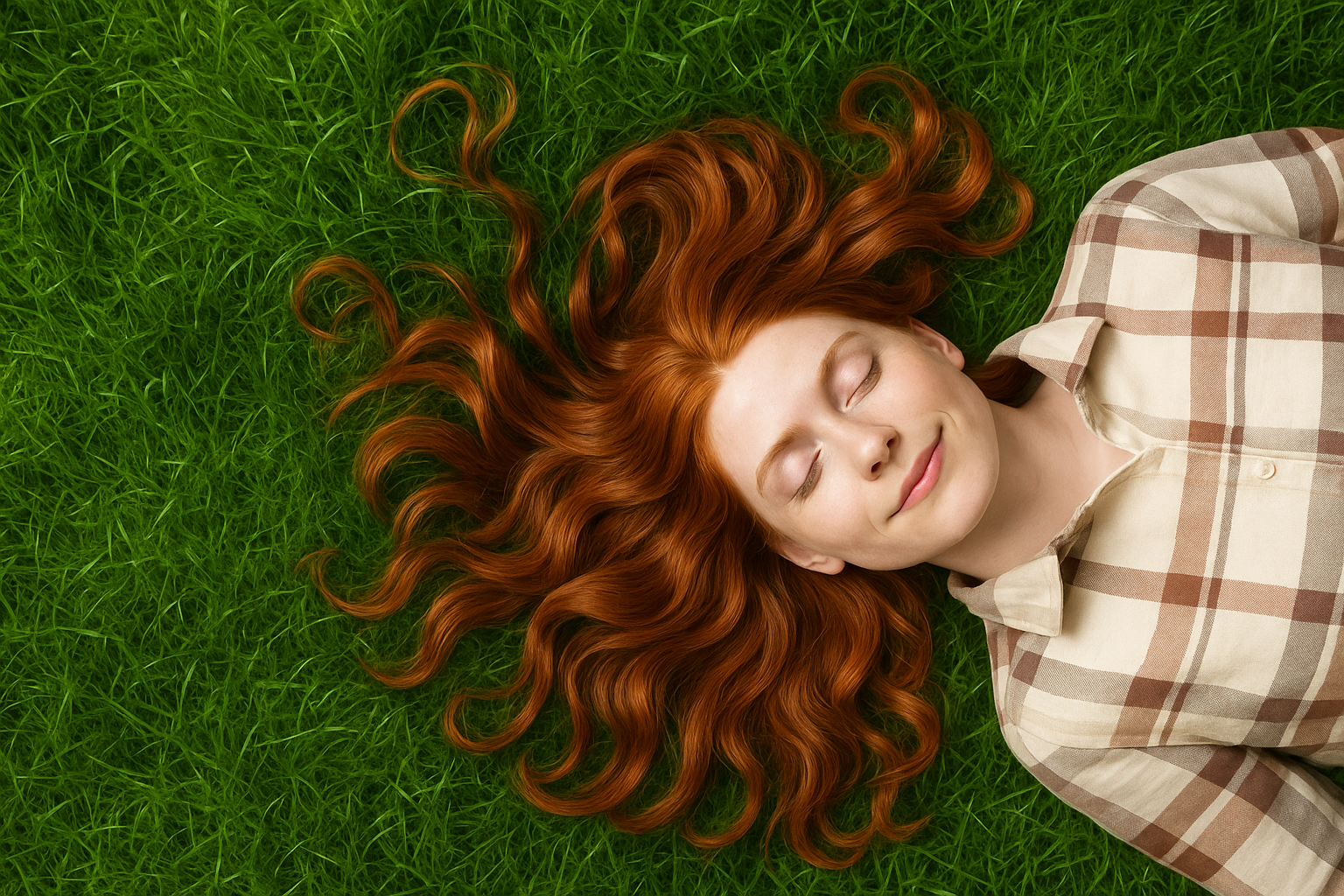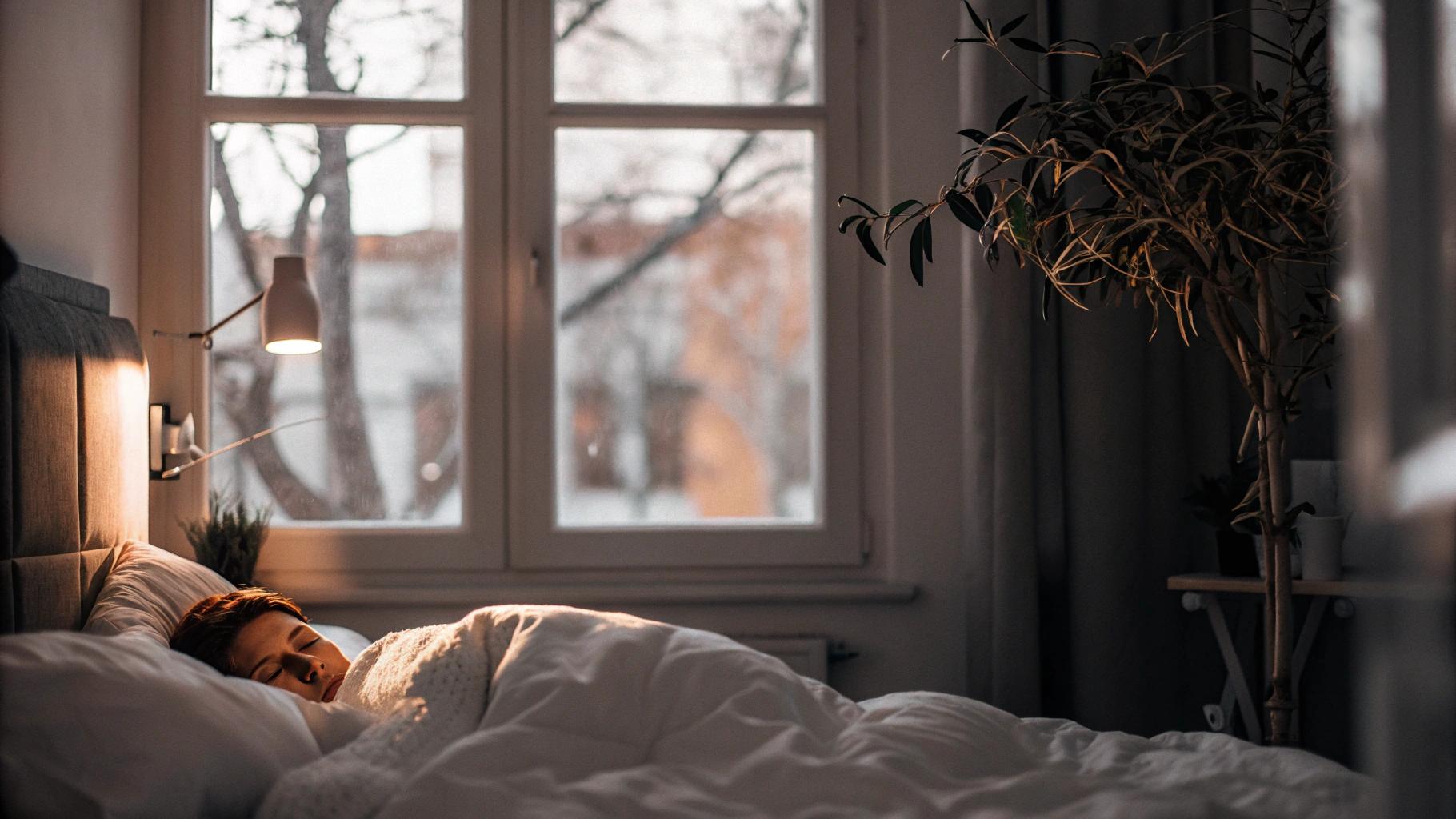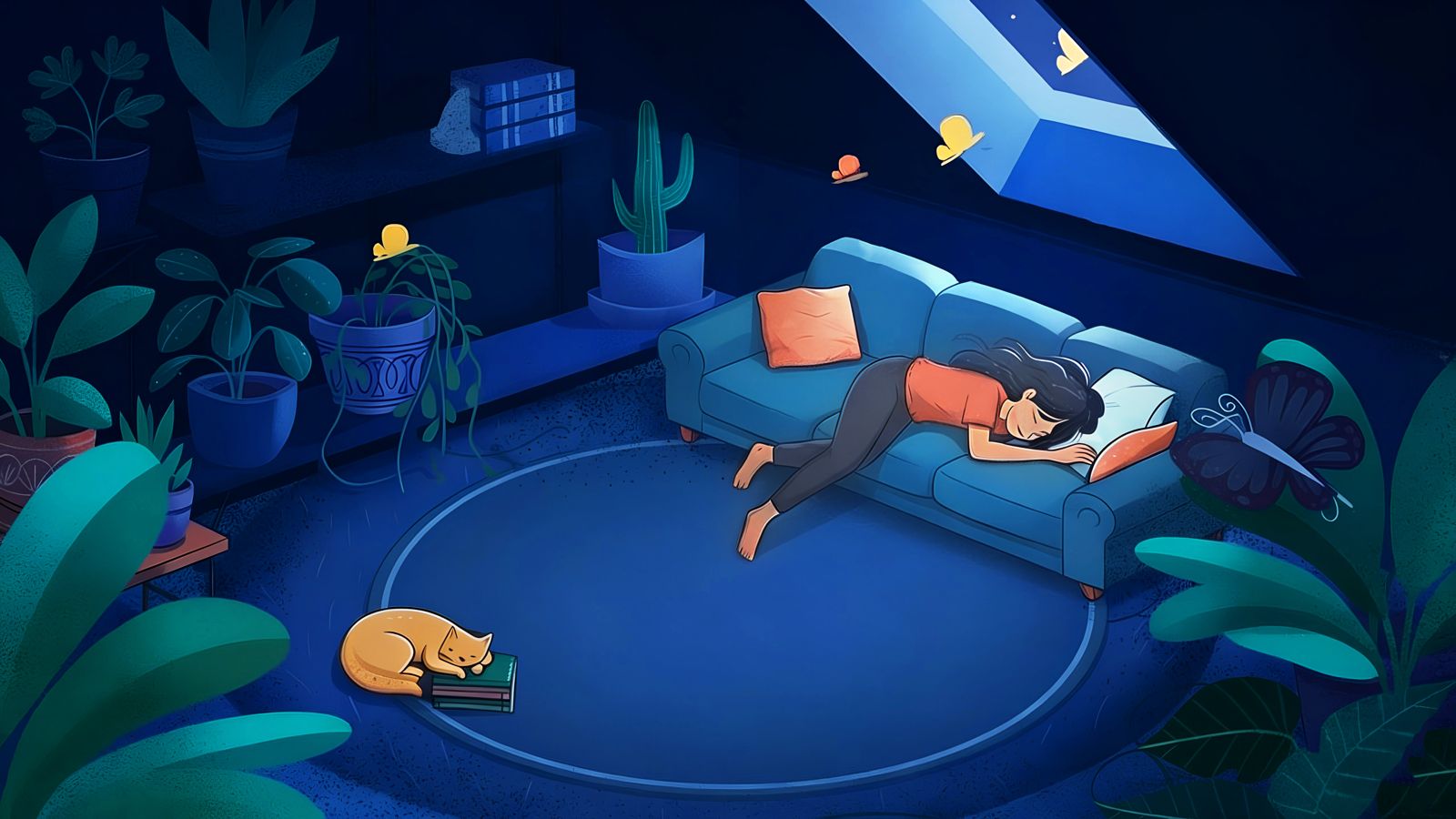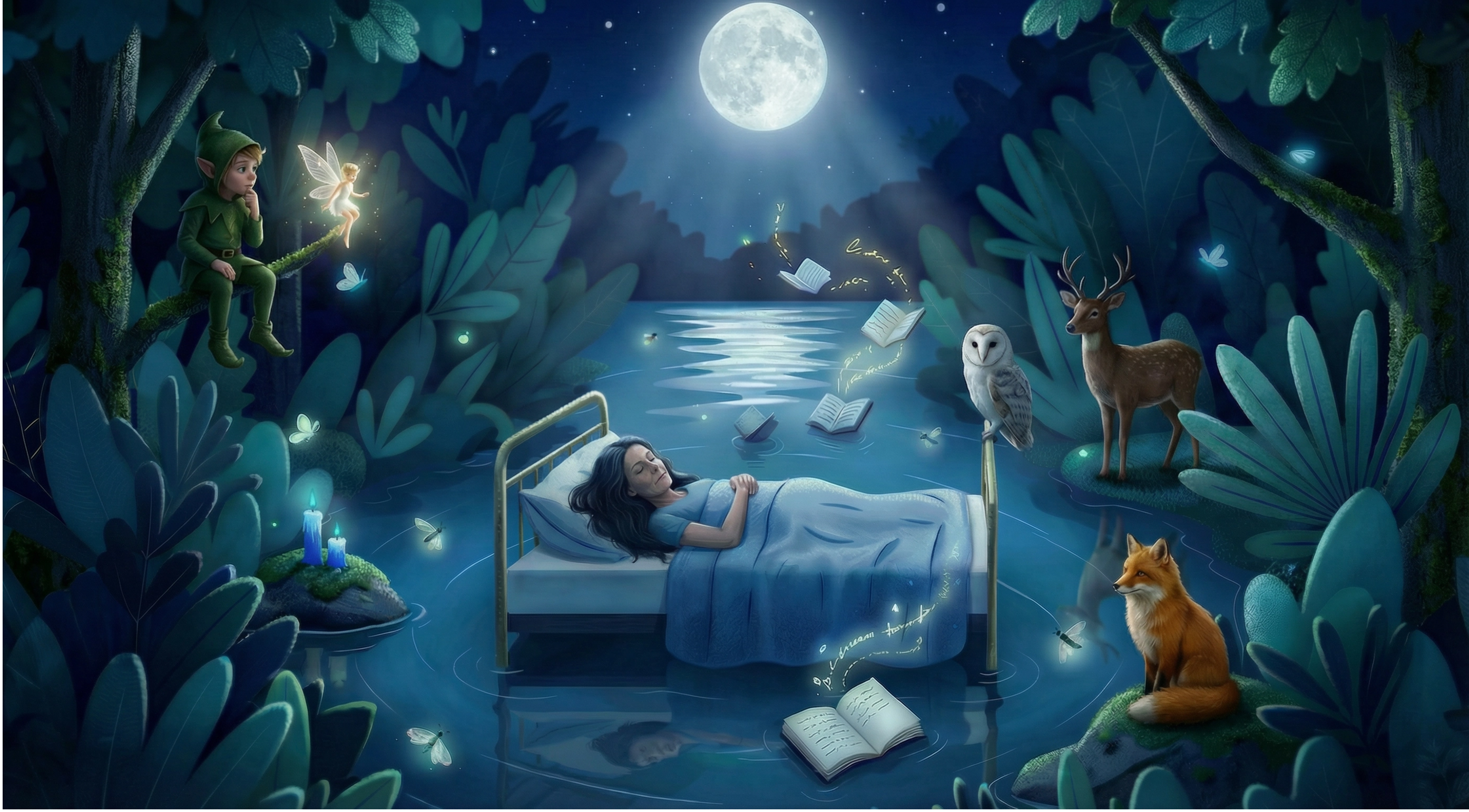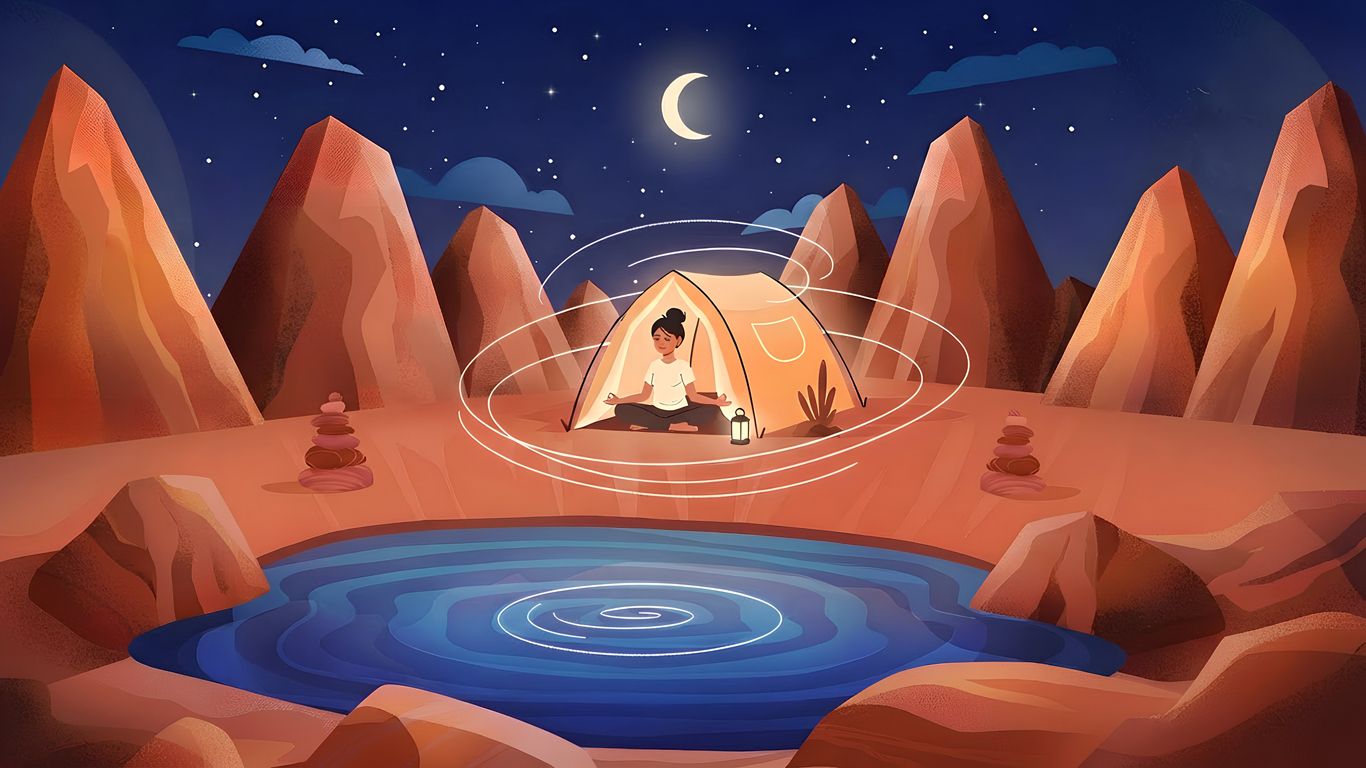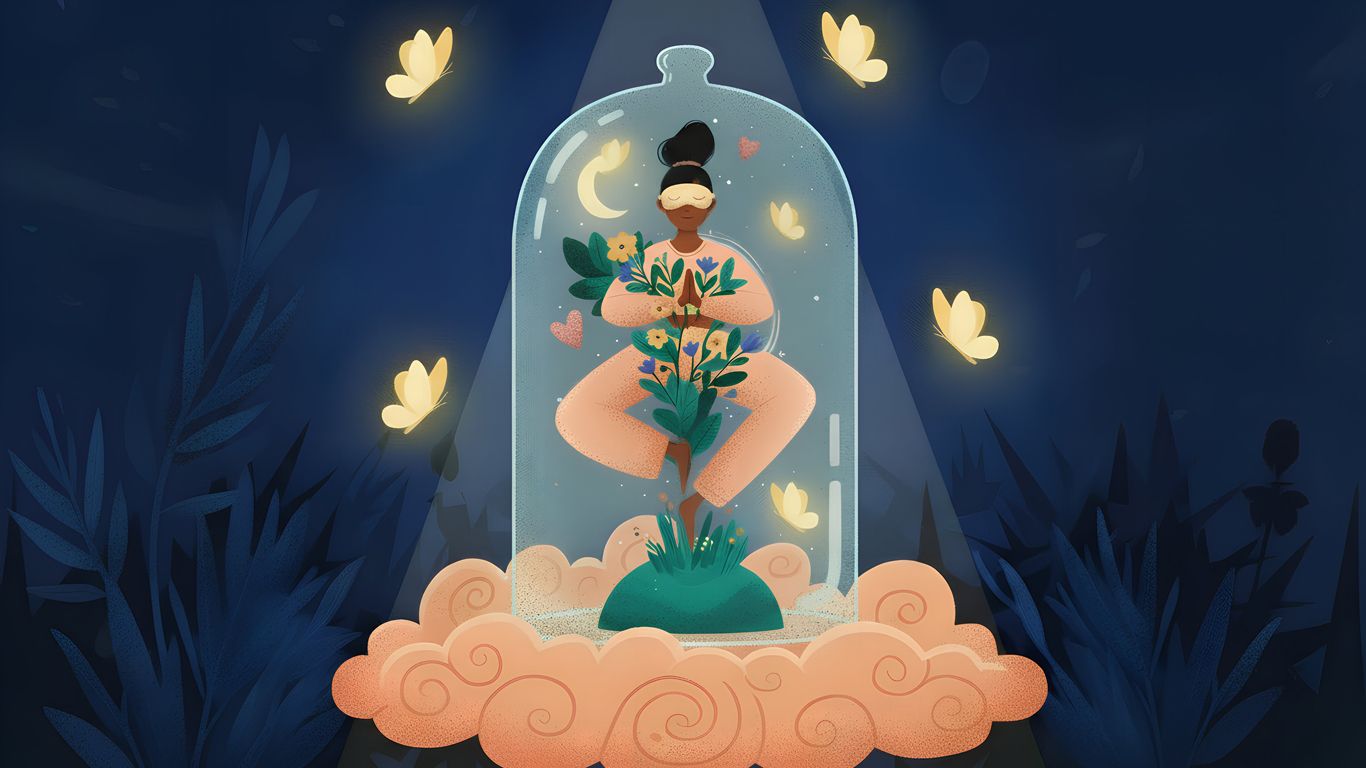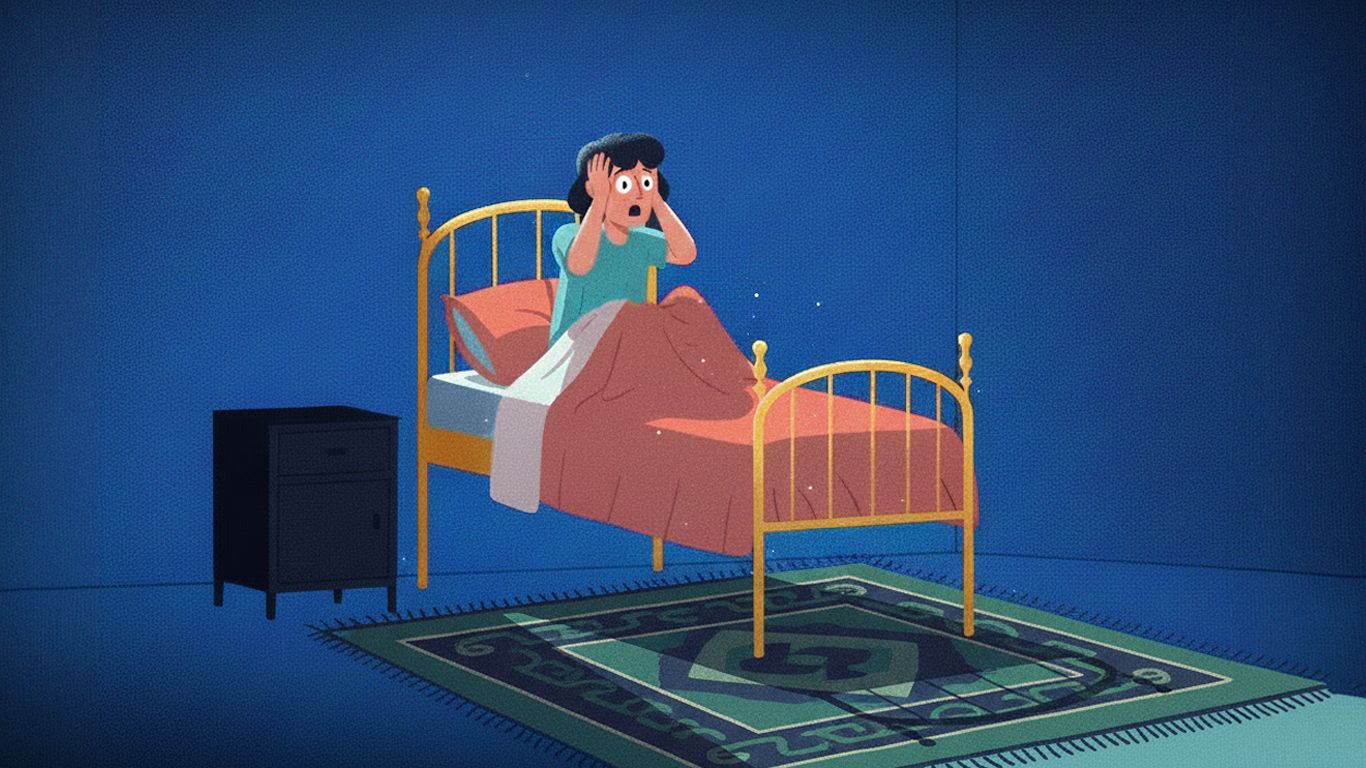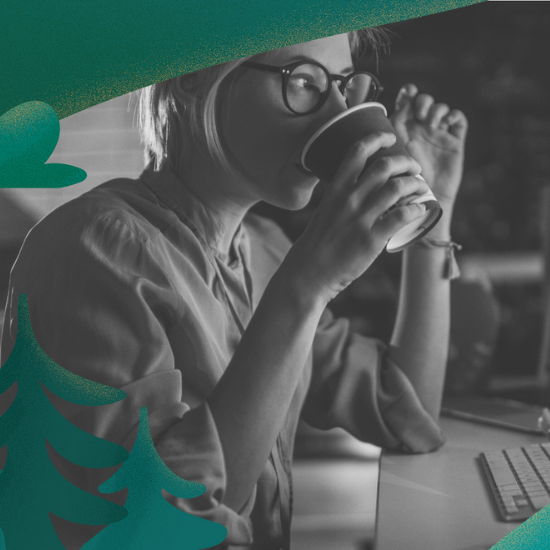
Is Caffeine for You?: What You Should Know
Caffeine is the go-to for people who need an extra boost of energy. It’s taken early in the morning, during the day for a pick-me-up, and sometimes even late at night.
Because caffeine has become such a huge part of many people’s lives, it’s important to know the effects it can have on your body and whether it is for you.
How Long Does Caffeine Take to Work?
For some people, you can start to feel the effects of caffeine 10 minutes after consuming it. The level of caffeine in your bloodstream then peaks after 45 minutes to one hour.
How quickly caffeine works also depends on the form in which you consume it. Just like medications and drinks, your body will have to break down the caffeine. If you take caffeine in the form of a pill, you can expect your body to show the effects of caffeine in no less than one hour. This is why caffeine in the form of a drink is usually people’s number one choice.
How Long Does Caffeine Last in Your Body?
The answer to this question depends on a variety of factors. Caffeine takes up to 5 hours to reach its half-life. Half-life is the time it takes for a substance to reach half of the amount that was initially consumed.
People who are sensitive to caffeine can sometimes feel the effects of it for days. This is why it is important to know your body and its tolerance for caffeine and other substances.
After caffeine has reached its half-life, the second half of it can last for up to 6 hours, taking longer than the first half. In short, how long caffeine lasts depends on the amount you have consumed.
Why Doesn’t Caffeine Work for Me?
Some people will tell you that coffee does nothing for them. There are different reasons that caffeine can have little to no effect on your body:
- Not getting enough sleep. This is the number one reason that caffeine does not work for some people. One night of no sleep won’t completely ruin the effects of caffeine but having 3 or more nights in a row without sufficient sleep can do the job.
When you don’t get enough sleep, your body produces a chemical called adenosine. When caffeine is consumed, this chemical fights off its effects.
- Drinking too much caffeine makes it lose effectiveness. Too much of anything isn’t good. For example, people who drink coffee every morning as their source of caffeine over a long period can find themselves needing an extra shot of espresso or more cups.
This is because your body has developed a high tolerance for it.
- Just genetics. Like many other things, like sensitivities and allergies, caffeine not being effective in your body could just be a part of your DNA.
- Not getting enough. Knowing the amount of caffeine in the substance you are taking can help you understand its effects. Your weight, age, and height are all determinants of how much caffeine you should consume.
Most times, the urge for caffeine comes from the lack of rest you are giving your body. Use the Better Sleep app for more effective ways to get a big boost of energy throughout the day.
